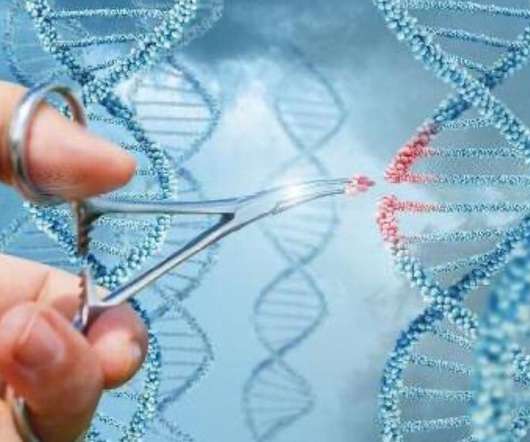Q&A with Mark Garner: The golden age of cancer research
Drug Discovery World
JULY 5, 2023
MG: I am responsible for Agilent’s cancer segment. For example, in CAR-T-cell therapy, scientists can take T-cells from a patient and ex vivo (outside the body) genetically engineer them to effectively target and kill cancerous cells, then infuse them back in to the patient. Mark Garner, PhD.,













Let's personalize your content